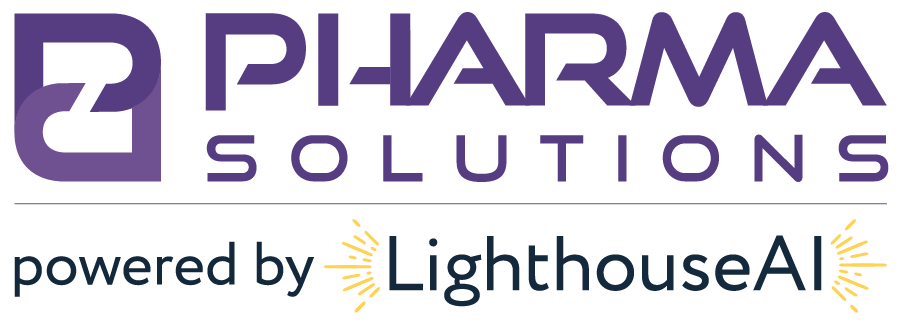Breaking Case Packs: Wholesaling or Repackaging? And a New Curveball!
Wholesalers serving the hospital market and other point-of-care locations are often requested to “break case packs” – in other words, to take a manufacturer-sealed pack of 25 vials, open the pack, and then sell the vials separately. The reason behind the practice is simply to facilitate logistics for their customers: buying and storing 25 pieces is much more difficult than just buying products on an as-needed basis, just a few at a time.
FDA Regulation of Repackaging: Splitting Hairs Between Container and Package
-
- The FDA defines Repackaging as “the act of taking a finished drug product from the container in which it was distributed by the original manufacturer and placing it into a different container without further manipulation of the drug.”
-
- The FDA defines a Container Closure System as “the sum of packaging components that together contain and protect the dosage form.”
-
- The FDA defines a Packaging Component as “any single part of a container closure system. Typical components are containers (e.g., ampules, vials, bottles), container liners (e.g., tube liners), closures (e.g., screw caps, stoppers), closure liners, stopper overseals, container inner seals, administration ports (e.g., on large-volume parenterals (LVPs)), overwraps, administration accessories, and container labels.”
Industry’s Take
Arizona
Diving into State Law
AZ Rule R4-23-605(G)(2)(a)(i) & (ii):
A full-service drug wholesale permittee shall:
i. Not sell, distribute, give away, or dispose of, any narcotic or other controlled substance, prescription-only drug or device, nonprescription drug, precursor chemical, or regulated chemical, except in the original container packaged and labeled by the manufacturer or repackager;ii. Not package, repackage, label, or relabel any narcotic or other controlled substance, prescription-only drug or device, nonprescription drug, precursor chemical, or regulated chemical;
At the very least, those wholesalers engaging in the practice and shipping that product from/into Arizona should be cautious.
Establishment Registration
“Drug packager or drug prepackager permit to an individual or establishment that is currently listed by the United States Federal Food and Drug Administration and has met the requirements of that agency to purchase, repackage, relabel or otherwise alter the manufacturer’s original package of an approved drug product with the intent of reselling these items to persons or businesses authorized to possess or resell the repackaged, prepackaged or relabeled drug.”
The Curveball: Serialization
-
- A Hospira case pack at a wholesaler warehouse location has a 2D barcode, GTIN & serial number; but the vial pulled only has an NDC.
-
- A Pfizer case pack at a wholesaler warehouse location has a 2D barcode, GTIN & serial number; the vial has a GTIN and 2D barcode but not a serial number.
It is important to remember that the packaging referenced is likely not the most recent or final iteration of the manufacturer’s packaging. Specifically, a number of US facilities – including the McPherson, KS plant that Pfizer acquired from Hospira – received a one-year extension for DSCSA compliance from the FDA.
More information as it breaks!
About Us
Based just outside of Philadelphia, Pharma Solutions provides actionable guidance and excellent administrative services with a focus on client care across Compliance, Commercial, and Quality solutions. Our mission is to improve the health and welfare of the American public by providing solutions and implementing best practices for companies in the pharmaceutical supply chain.




0 Comments